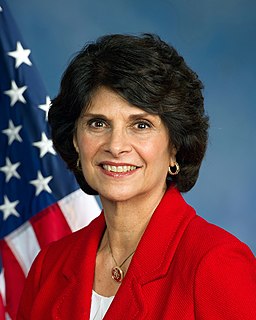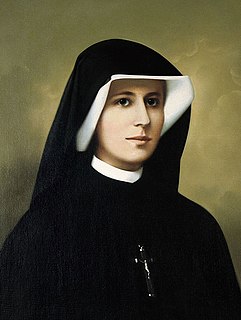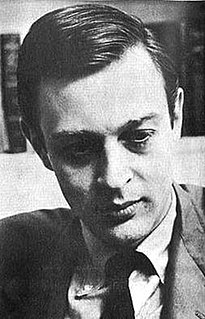A Quote by Sara Paretsky
Every writer's difficult journey is a movement from silence to speech. We must be intensely private and interior in order to find a voice and a vision - and we must bring our work to an outside world where the market, or public outrage, or even government censorship can destroy our voice.
Related Quotes
Censorship' is a term pertaining only to governmental action. No private action is censorship. No private individual or agency can silence a man or suppress a publication; only the government can do so. The freedom of speech of private individuals includes the right not to agree, not to listen and not to finance one's own antagonists.
We go into a relationship looking for love, not realizing that we must bring love with us. We must bring a strong sense of self and purpose into a relationship. We must bring a sense of value, of who we are. We must bring an excitement about ourselves, our lives, and the vision we have for these two essential elements. We must bring a respect for wealth and abundance. Having achieved it to some satisfactory degree on our own, we must move into relationships willing to share what we have, rather than being afraid of someone taking it.
There are different qualities of silence. There's the silence that sustains us, as women, that nourishes us, the silence where I believe our true voice, our authentic voice, dwells. But there's also the silence that censors us, that tells us what we have to say does not want to be heard, should not be heard, has no value. And that if we speak, it will be at our own peril. This kind of silence is deadly. This kind of silence is deadening to who we are as women. And when a woman is silenced, the world is silenced. When a woman speaks, there is an opening.
The tongue is a small member, but it does big things. A religious who does not keep silence will never attain holiness; that is, she will never become a saint. Let her not delude herself - unless it is the Spirit of God who is speaking through her, for then she must not keep silent. But, in order to hear the voice of God, one has to have silence in one's soul and to keep silence; not a gloomy silence but an interior silence; that is to say, recollection in God.
Clearly we must do everything we can to protect our country from the serious potential of another terrorist attack, but we can and must do so in a way that also protects the constitutional rights of the American people and maintains our free society. We can do that without living in an Orwellian world where the government and private corporations know every telephone call that we make, every website we visit, everyplace we go.
When you wrote it didn't matter if hysteria sometimes came up in your face and voice (unless, of course, you let it find its way into your "literary voice") because writing was done in merciful privacy and silence. Even if you were partly out of your mind it might turn out to be all right: you could try for control even harder than Blanche Dubois was said to have tried, and with luck you could still bring off a sense of order and sanity on the page for the reader. Reading, after all, was a thing done in privacy and silence too.
I find it's very confusing when one critic tells you one thing and one tells you something completely different. Unless all the critics agree on parts of the play that just didn't work. I have stopped reading reviews, because I find writing is all about courage. You must have courage when you start writing a play and you cannot have the voice - you must write things out. You cannot have the voice of a critic telling you, "That didn't work in that play, you cannot make it work in another play." Every time you do a production, it's an experimentation.
We live in a society in which it seems that every space, every moment must be 'filled' with initiatives, activity, sound; often there is not even time to listen and dialogue... Let us not be afraid to be silent outside and inside ourselves, so that we are able not only to perceive God's voice, but also the voice of the person next to us, the voices of others.
When whistleblowers come forward, we need to fight for them, so others will be encouraged. When they are gagged, we must be their voice. When they are hunted, we must be their shield. When they are locked away, we must free them. Giving us the truth is not a crime. This is our data, our information, our history. We must fight to own it.



































